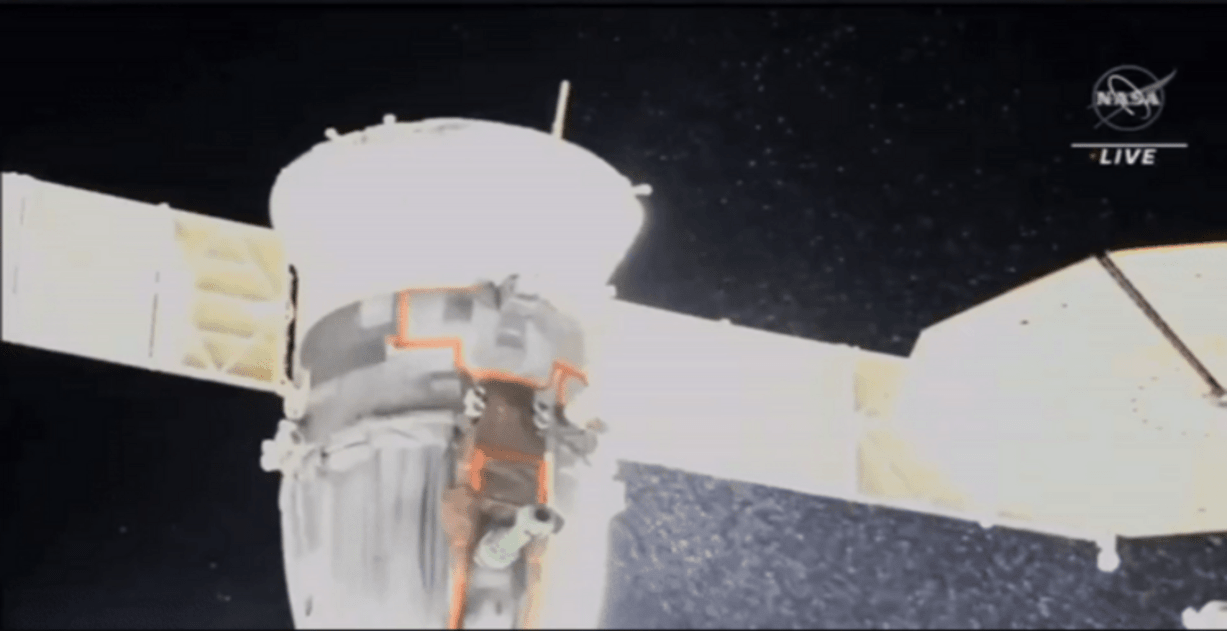Breaking News: Russian ISS Module Experiences Air Leak, NASA Confirms Crew Safety

NASA wants to assure everyone that there is no need to panic. During a recent press briefing, Joel Mantalbano, NASA’s International Space Station (ISS) Program Manager, addressed the issue of a leak in the Russian module of the space station. He mentioned that the leak is located at the aft end of the module, where the Progress spacecraft from Russia dock. Mantalbano emphasized that this leak does not pose any immediate threat to the crew or the operations of the spacecraft. However, NASA is working closely with their Russian counterparts to determine the next steps in resolving the issue.
It’s important to note that this leak will not affect the upcoming Crew-8 mission, which is scheduled to launch soon. The mission is set to take off on Friday, courtesy of NASA. Mantalbano also mentioned that the leak started to increase in volume about a week before the launch of a Progress resupply vessel to the space station. This is not the first time that leaks in this part of the Russian module have occurred, and repairs have been made in the past.In recent months, the ISS has experienced multiple leaks from Russian hardware.
In December 2022, a Soyuz spacecraft began venting coolant into space, leading to the cancellation of a scheduled Russian spacewalk. To address the situation, the Russian space agency sent an empty replacement Soyuz spacecraft, called MS-23, and brought the leaky spacecraft back to Earth for analysis. As a result, three astronauts had to spend 12 months on the ISS instead of the planned six. NASA astronaut Frank Rubio even set a new American record for the longest continuous spaceflight, spending 371 days on the lab due to the leak and delays in sending a replacement.
In February 2023, a Russian cargo spacecraft named Progress 82 experienced an ammonia leak while connected to the space station. Seven months later, another leak occurred in the Russian Nauka Multipurpose Laboratory Module. It has been noted by experts that the conflict between Russia and Ukraine has had a negative impact on the collaboration in space between Russia and its global partners. Following the invasion, Russia has expressed its intention to build its own space station in low Earth orbit and eventually depart from the ISS by 2028.


